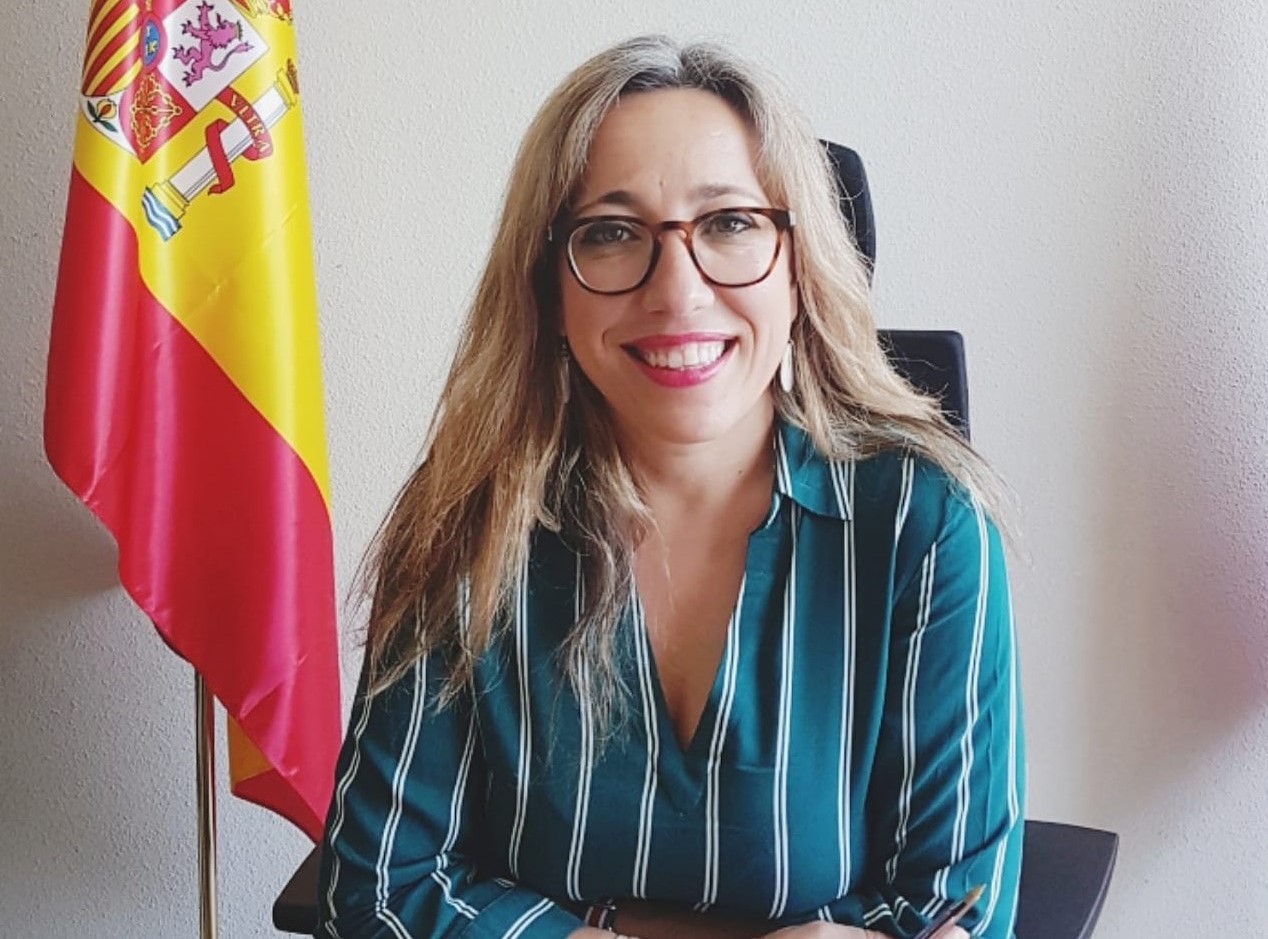In recent decades, new technological advances were added to the processing of the different disciplines and judicial procedures, helping to streamline mechanisms for investigating, processing, and data exchange between different legal operators, all to contain and prevent the globalisation of crime.
Countries are working hard to improve their resources to fight internal crime, to cooperate and share their progress with the other countries, to provide accessible, direct information on international legislation, while simplifying international judicial cooperation procedures and establishing efficient computer tools that save time and reduce costs.
Through EL PAcCTO, Peru and Ecuador requested two technical assistants who have highlighted the need to implement a telematic tool for international judicial cooperation similar to that operating in the European Union. The existing situation has been analysed and whether the latter is suitable for implementing the tool, and a plan for the future, sustainability and monitoring has been drafted by analysing the results obtained in each phase of the process.
Presenting computer tools and adapting them to the reality of the target countries
During my meetings with agents from both countries (magistrates, prosecutors, members of Interpol, the Foreign Ministry, lawyers, personnel assigned to the Public Ministry, etc.) in Lima and Quito, we analysed the different telematic tools: Compendium, within the European Judicial Network, Compendium of International Judicial Assistance and European Judicial Atlas within the European E-Justice Portal, among others, to assess adapting the existing structure to include technological advances.
The outcome of these workshops has been extremely positive, establishing a catalogue of recommendations, good practices and laying the foundations for the successful implementation of a similar tool in Peru and Ecuador, where IT requirements are suitable to house the application, a priori. It has also been shown to be a necessary tool in reducing the time required to process International Letters Rogatory (CRI, in their Spanish acronym) by means of a system of standardised forms and models; of broad directories of authorities, acting as assistants to resolve questions on application, serving as contact points for Judicial Cooperation Networks and a vast library of legislation and jurisprudence to determine the legal requirements in each case. The system also reduces costs, since it includes a system for exchanging forms by email and almost simultaneous translation into different languages.
Initial progress toward more effective international judicial cooperation
The result of the meetings was a document analysing the possibilities of improving International Judicial Cooperation by means of telematic tools to facilitate the work of all legal operators, making the system transparent for citizens and enabling the processing of many more acts of international legal cooperation, while determining future needs for support from El PAcCTO.
It has been a hard, ambitious task that is but the tip of the iceberg when it comes to deploying different training measures, meetings and specialised assistance, which must also be preceded by the necessary legislative reforms and, of course, the determination and commitment of focal points.
In this context, it is appropriate to give a positive assessment to the development proposed and offered by EL PAcCTO, and to underline the openness and good work of institutions and authorities in Peru and Ecuador, which are firmly committed to qualifying existing judicial systems , methods of prosecuting crime and criminals through modern, advanced justice with transparency whose ultimate objective is to fight organised crime and provide the fastest, most effective conflict resolution.
Juana García Soto, lawyer of the Administration of Justice of Spain
